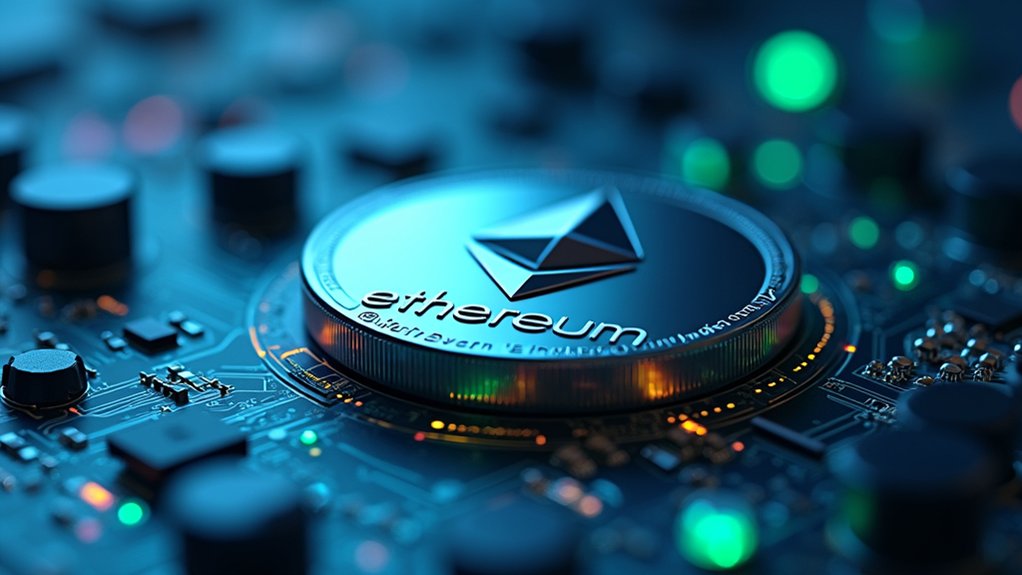How long will developers tolerate bloated, inefficient smart contract languages that inflate costs and throttle innovation? In the relentless pursuit of blockchain scalability, the industry’s complacency with archaic tooling is staggering. Enter Tolk: a language forged for the TON blockchain, designed to dismantle these barriers with surgical precision. Its clean, expressive syntax—borrowing the best from TypeScript and Rust—does more than prettify code; it accelerates developer onboarding by flattening the learning curve that stubbornly impedes many newcomers. This isn’t just cosmetic; it directly addresses the chronic problem of onboarding friction that plagues blockchain ecosystems, where complexity often repels rather than attracts fresh talent. Unlike many platforms, TON’s approach integrates well with the broader DeFi ecosystem, enhancing interoperability and utility.
Tolk’s architecture aligns seamlessly with TON’s asynchronous actor model, embracing concurrency rather than awkwardly wrestling it. This design choice doesn’t merely enhance performance; it lays a foundation for scalable, maintainable smart contracts that can grow alongside the network without collapsing under their own weight. Significantly, Tolk offers low-level access to TVM instructions, empowering developers with granular control, a feature conspicuously absent in many “high-level” languages that ironically leave programmers shackled by abstraction. Its gas-efficient design makes contracts up to 50% cheaper than those written in FunC, thanks to compiler optimizations and lazy evaluation.
The implications for blockchain scalability are profound: by reducing code complexity and improving efficiency, Tolk shrinks the resource demands of contract execution, enabling the network to sustain higher throughput without exorbitant gas fees. This, in turn, catalyzes broader adoption, as cost-effective, scalable smart contracts become the norm rather than the exception. Tolk’s thoughtful design, focused on real-world developer needs and network realities, challenges the status quo with a blunt imperative—innovate or become irrelevant. The blockchain world may finally have a language worthy of its ambitions, provided developers are willing to abandon their comfort zones and embrace the future.








